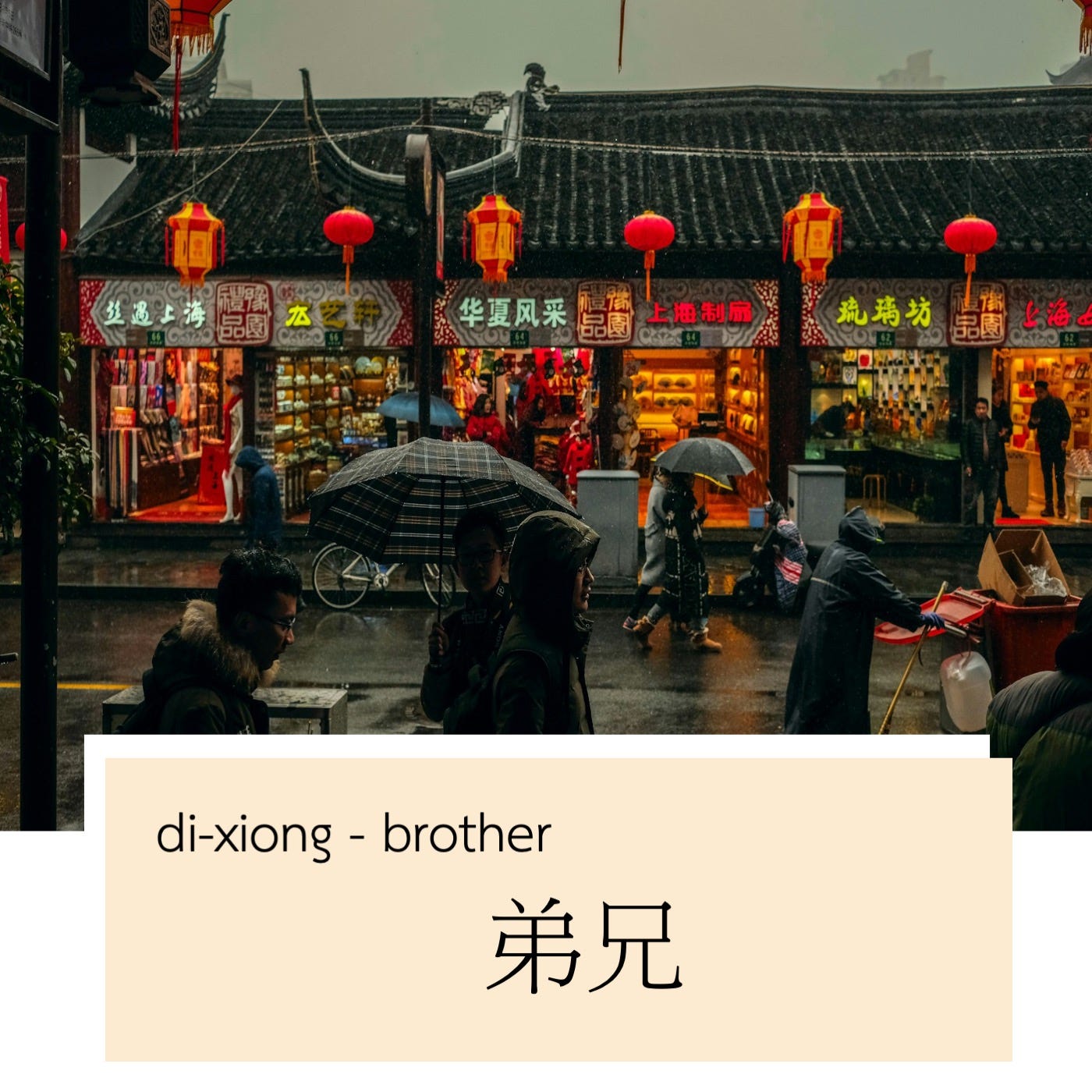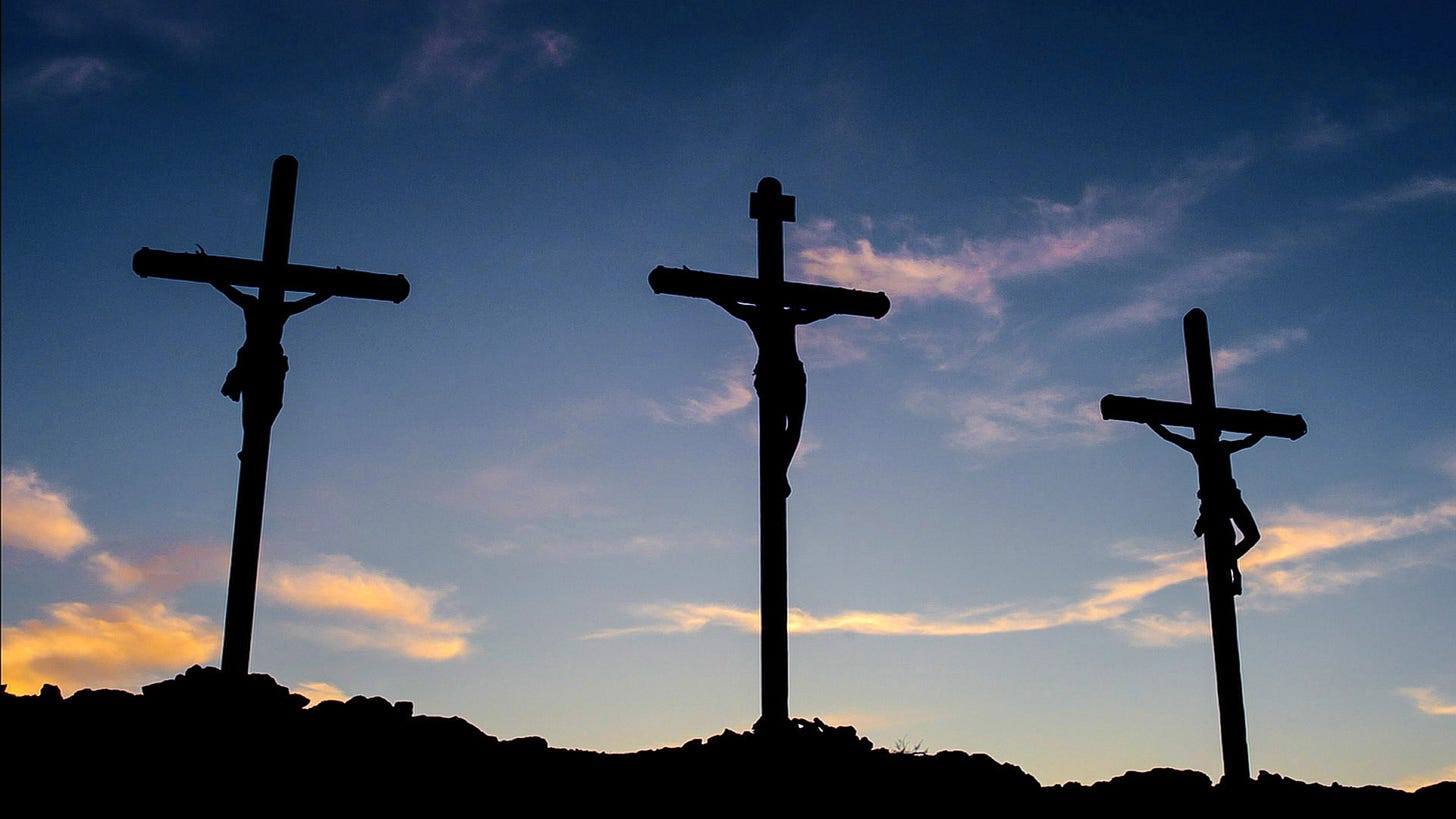What Chinese Christians Teach Me about the Kingdom
Ministry and Missiology
There are many things I love about my Chinese brothers and sisters in Christ. One of them is how they speak the word “brothers.” In standard Chinese usage, the word for brother is “xiongdi” (pronounced kind of like “sheeyong-dee”). It’s actually two words mashed together, the word “xiong” for “older brother” and “di” for “younger brother.”* As one might expect in a traditional culture, the word for “older brother” comes first, followed by “younger brother.” Those who are older are honored.
One day in Chinese class several years ago, as I was struggling to form a sentence and saying something about brothers, the teacher stopped me. She said, “You’ve turned it around. It’s ‘xiongdi’ not ‘dixiong.’” And I realized that I had learned the word “dixiong” from my Christian brothers and sisters. When speaking to and talking about each other in the church, Chinese Christians call the men “dixiong,” putting the younger brother before the older one. As far as I know, this is not done anywhere else in Chinese society.
I have to think that the early Chinese Christians chose to speak this way as a reflection of the upside-down nature of Christ’s kingdom: The first shall be last, the exalted shall be humbled, the older will serve the younger. It reminds me of Jesus’ words to his disciples the night before he died:
You call me ‘Teacher’ and ‘Lord,’ and rightly so, for that is what I am. Now that I, your Lord and Teacher, have washed your feet, you also should wash one another’s feet. I have set you an example that you should do as I have done for you. Very truly I tell you, no servant is greater than his master, nor is a messenger greater than the one who sent him. Now that you know these things, you will be blessed if you do them (John 13:13–17).
The greatest among them became the least. The King was mocked, beaten, punished, and executed so his weak and squabbling subjects could be kings, so they could know eternal peace, joy, and purpose. The obedient older brother sacrificed himself for the wayward younger brothers (see Luke 15:11-32). Upside-down.
And to honor that gracious older brother and remind themselves of their humble callings, our Chinese siblings put “di” before “xiong.”
Questions for Reflection
In your context, how do Christians express respect and love for each other in the way they speak? How can this kind of honor-talk be increased?
Share one or two other examples from the Bible where the upside-down nature of Christ’s Kingdom is evident.
What is one thing you could do this week to thank or encourage a fellow Christian who humbly serves others?
* The interrelation of siblings, cousins, grandparents, aunts, uncles, etc. in Chinese culture is quite complex. There are different names for everyone in your family, depending on their age and relationship by marriage.





Excellent comments! You captured it well! By leading with 弟 (young), Chinese Christians highlight the humility of discipleship: every believer sees himself or herself as the “younger” one in relation to others. Hierarchy is flattened when Jesus is all in all! The amazing thing is that in God's eyes through faith in Jesus, we are also all eldest sons who receive the full inheritance of sons. "All who humble themself will be exalted."